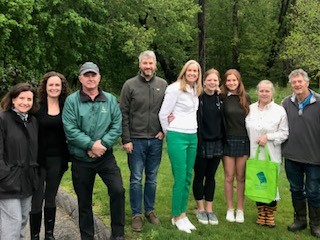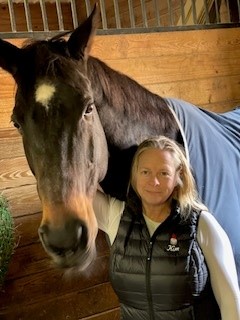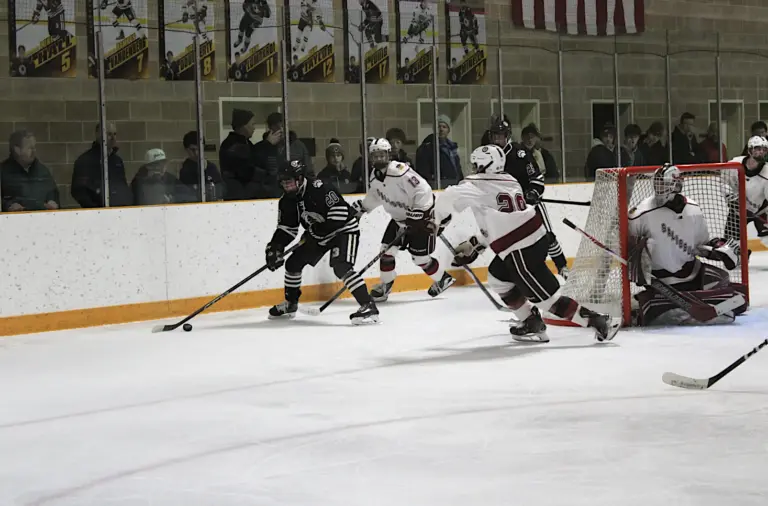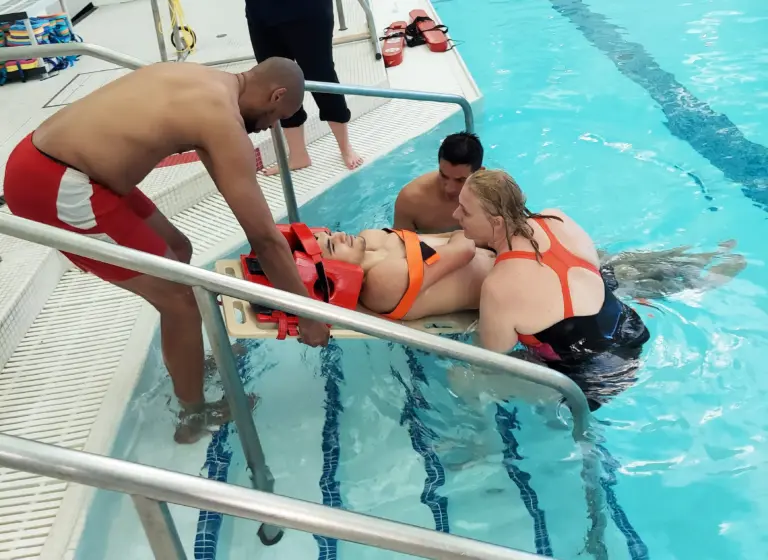By Kim Gregory

One of my memories from growing up on a farm in northern Minnesota is of my Grandma Ingeborg waking up before dawn to turn up the furnace that she turned way down before bedtime, boiling the water that she dumped coffee grounds directly into, and then sitting around the breakfast table to discuss the plan for the day:
Conservation. Conversation. Coffee.
Grandma Ingeborg taught us the value of being frugal and never wasting anything…scraps of clothing were sewn into quilts; soap remnants melted into another bar; bacon drippings were saved for baking; meal leftovers saved for Saturday surprise dinner; coffee grounds were composted for the garden – where “right plant in right place” was the rule! Regenerative farming practices were used even if we did not have a name for it…cattle and crops rotated plus we loaded manure from the barn into a spreader for the fields. Every part, of everything, was used for something and most efforts were collaborative.
Fast forward several decades and my happy place is still in a barn, on a farm or congregating at Coffee for Good having conservation conversations surrounded by neighbors my Grandma Ingeborg would have loved to meet. Community is important no matter how old you are, or where you are, or who you are…taking care of each other plus our environment benefits everyone with healthier, greener lifestyles.
Greenwich is green on so many levels…such smart, passionate people and organizations with similar goals make for fun conservation collaborations! The Greenwich Sentinel Five Events highlights these people, organizations and collaborations every day. Recently Garden Club of America had three Greenwich garden clubs seal April as Connecticut Native Plant month. We shined a spotlight on the fact that many of our pollinators are facing population declines, making it important to incorporate native plants into our landscapes
Healthier habitat means healthier ecosystems which translates into healthier communities. This collaboration of garden clubs is small example of what happens every day in our town – native habitat, invasive management, food security, waste reduction, water or land or energy…join a conservation conversation coffee! Everything is connected so everything we do matters and makes a difference. At our last conservation conversation coffee we asked some of our favorite Greenwich leaders: What is one thing that people can do to make a difference in our community?
“Coffee grounds keep on giving…add your used grounds directly to the soil; used grounds are great for acid loving plants like hydrangeas, rhododendrons, azaleas, blueberries, carrots and radishes! If you compost you can add your paper filter with the grounds for brown material!” Deb Rogan, Executive Director, Coffee for Good
“Cut out invasive plants that outcompete and displace native species, leading to loss of habitat and food sources for local fauna which leads to population decline.” Janice Gardner, President, Green Fingers Garden Club
“Cultivate native seeds or purchase native plants on May 12 and 13 at our Mueller Preserve to support healthy habitats for native insects and other wildlife. Plants grown from seeds, instead of cuttings, provide greater genetic diversity making plant populations more resilient to disease and better able to adapt to climate change and other environmental stressors.” Dan Brubaker, Director of Conservation & Outreach, Greenwich Land Trust
 “Create a beautiful life line for a myriad of species by planting native milkweed for monarch butterflies; Liatris spicata or Blazing Star with its stunning purple flowers for butterflies and bees; Eastern Red Columbine for hummingbirds. You will benefit from a vibrant and healthy landscape!” Janice Gardner, President, Green Fingers Garden Club
“Create a beautiful life line for a myriad of species by planting native milkweed for monarch butterflies; Liatris spicata or Blazing Star with its stunning purple flowers for butterflies and bees; Eastern Red Columbine for hummingbirds. You will benefit from a vibrant and healthy landscape!” Janice Gardner, President, Green Fingers Garden Club
“Choose native plants for your landscapes because they are perfectly adapted to the local climate and soil conditions, making them a low-maintenance choice by reducing the need for fertilizers and watering which benefits our local ecosystem and wallets!” Elizabeth Hopley, Greenwich Garden Club
“Reduce nitrogen fertilizers and chemical usage on lawns to prevent runoff into waterways which feed into the ocean! Also avoid oil and chemical leaks originating from autos as well as cleaning your cars in car washes which help protect the watershed from these toxins.” Eunice Burnett, Hortulus Garden Club
“Reduce your carbon footprint with eco friendly, electric property care offered by our landscape maintenance services!” Maggie Bridge, Partner/Manager of Sales and Marketing, Sam Bridge Nursery & Greenhouse
“Ditch the gas machines, like blowers that greatly contribute to our local air quality problems. Just one hour of gas blowing makes approximately 1,100 car miles worth of air pollution!” Jeff Cordulack, Owner of Organic Ways and Means LLC, an all-electric and completely organic landscaping company
“Slow down…driving at or below speed limit makes our roads safer while improving air quality! Better yet — walk or cycle but wear a helmet!” Jan and Bob DeAngelo, 2023 Sustainability Award Winner
“Drive less and carpool more…reduce your consumption of natural resources! Buy less clothing and shoes but wear them longer; turn down heating and air conditioning; take only the food you will eat; bring your own coffee cup and avoid single use plastic.” Nikki Barrett, PhD, GCDS US Science and Sustainability
“Make inexpensive, easy swaps to reduce waste and eliminate single use plastics. Use bar soap instead of liquid pumps, use wooden dish brushes rather than sponges, keep reusable bags and durable utensils in your bag or car.” Julie DesChamps, Founder & Chair of Waste Free Greenwich
“Protect and use…adaptive reuse of our historic properties is a conservation-based approach to preservation. By thinking creatively, one saves on the building materials and resources that are required for new construction, reduces carbon emissions and minimizes demolition waste…consider recycling old buildings instead of throwing them away!” Elise Hillman Green & Anne H Young, Founders, Historic Properties of Greenwich
“Access a free home energy audit through Eversource or other local utility companies. You will receive an analysis on how to upgrade your home and make it more efficient…incentives are available to support these energy and cost saving technologies.” Mike Richter, President, Brightcore Energy and end-to-end clean energy and efficiency solutions provider for commercial buildings
“Turn out lights and shop local to reduce carbon footprint while supporting your neighbors.” Bob Giolitto, Manager, Dogwood Bookstore
“Protect Connecticut’s foodshed and strengthen our food economy by eating seasonally and locally as much as possible: grow your own food, shop at the farmers market and/or join a CSA.” Ali Ghiorse, Founder of The Foodshed Network and an advocate for food systems transformation
“Plant a vegetable garden or just some containers with tomatoes 🍅 and peppers 🌶️
Even small efforts make an impact!” Terry Browne Kutzen, President, Greenwich Community Garden
“Plant bird-friendly trees and shrubs such as serviceberry, buttonbush, oak because birds play incredibly important roles in our local ecosystems from controlling damaging insects to pollinating native plants. Using bird-friendly glass or adding small decals to windows and participating in “Lights Out” initiatives protect our avian communities while enabling our human community to enjoy the night sky and reduce energy use.” Matt Viens, Land Steward, Greenwich Audubon
“Look up, listen, pay attention to how it feels being outdoors…allow yourself to wonder and assume your place as another part of the natural world.” Myra Klockenbrink, Chair, Greenwich Pollinator Pathway
“Vote in every election.” Svetlana Wasserman, Legislation & Advocacy Sector Chair, Greenwich Sustainability Committee
“Drive less for great impact in lowering noise and street congestion with cleaner air…small act that makes big difference.” Aleks Moch, Transportation Sector Chair, Greenwich Sustainability Committee
“Do not idle your car! It is the accumulation of small acts like this one that move us in the right direction as a global community. You do not need grand gestures to affect our local environment.” Gunnar Gregory, Director of Community Outreach, Brunswick Sustainability Committee
“You cannot get through a single day without having an impact on the world around you. What you do makes a difference and you have to decide what kind of difference you want to make.” Jane Goodall, conservationist


